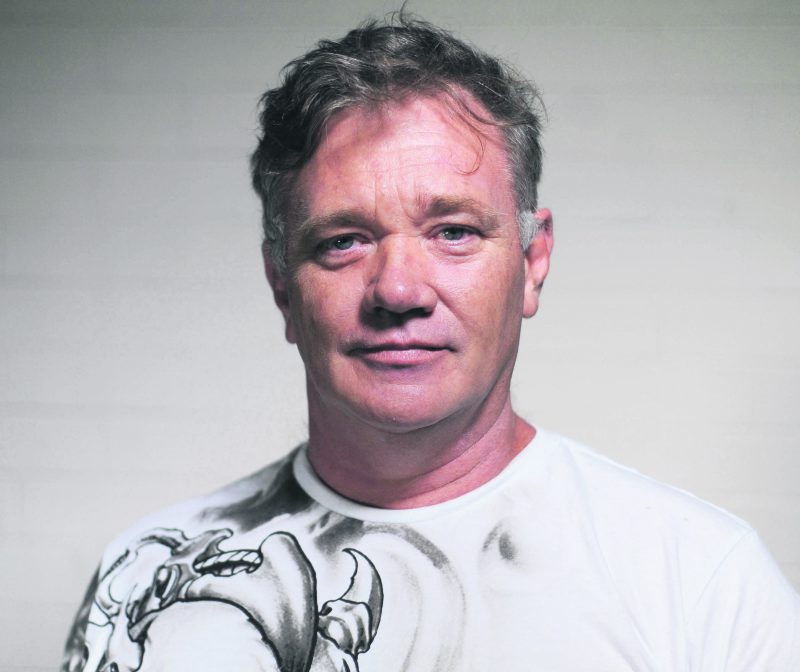We are complaining because we see our situation through the glasses of here and now, without considering the context of our history.

‘I like it when we have family meals together,” my wife’s son said the other evening.
“When Dirk works at night, we don’t eat at the table. And we eat smaller meals. Like poor people.”
This amused us no end, because there’s a good reason why Snapdragon (I call you that because you’re a little flower, my love…) makes humble, quick meals when I’m not there.
The children’s lunchboxes have to be packed. And she believes in serving them cold drinks every now and then.
She puts their clothes out on their beds – mostly made by her – when they shower. She makes them Milo. She does the dishes and their clothes and mops the floor repeatedly …
With the result that their supper gets a little less attention and they are forced to eat “like poor people”.
Poor people with their own butler, waitress and servant, while a huge percentage of our fellow citizens will see those meals as a luxury. Ahhh, the joys of youth and the privilege to ignore context.
Not that you develop a sudden ability to see life’s little hiccups in context when you grow up. I, like most men, absolutely hate to be sent to the garage at night to go and buy female sanitary products.
Some years ago I was asked to pick up a supply of the above mentioned products “as you are going to the pharmacy in any case”.
The pale, young guy in front of me at the cashier had a home pregnancy kit in his hand. I bet he wished he was there for Lillets! Context, context, context …
It has become a national passtime to complain about the situation in South Africa without putting things in context.
The economy, state capture, corruption, our national sports teams’ performances, the roads, programmes on TV, food prices, e-tolls, farm murders, the fuel price, service delivery.
Here, at the end of 2017, our country is at a crossroads. We are complaining because we see our situation through the glasses of here and now, without considering the context of our history and the destinations we can reach with the talent and good will that’s abundant in this piece of Africa.
Let’s hope that these are not the times we will look back on after December and call it the “good ol’ days”.

Dirk Lotriet poses for a portrait, 2 February 2015, at the Citizen’s offices in Industria West, Johannesburg. Picture: Alaister Russell
For more news your way, follow The Citizen on Facebook and Twitter.
Support Local Journalism
Add The Citizen as a Preferred Source on Google and follow us on Google News to see more of our trusted reporting in Google News and Top Stories.






